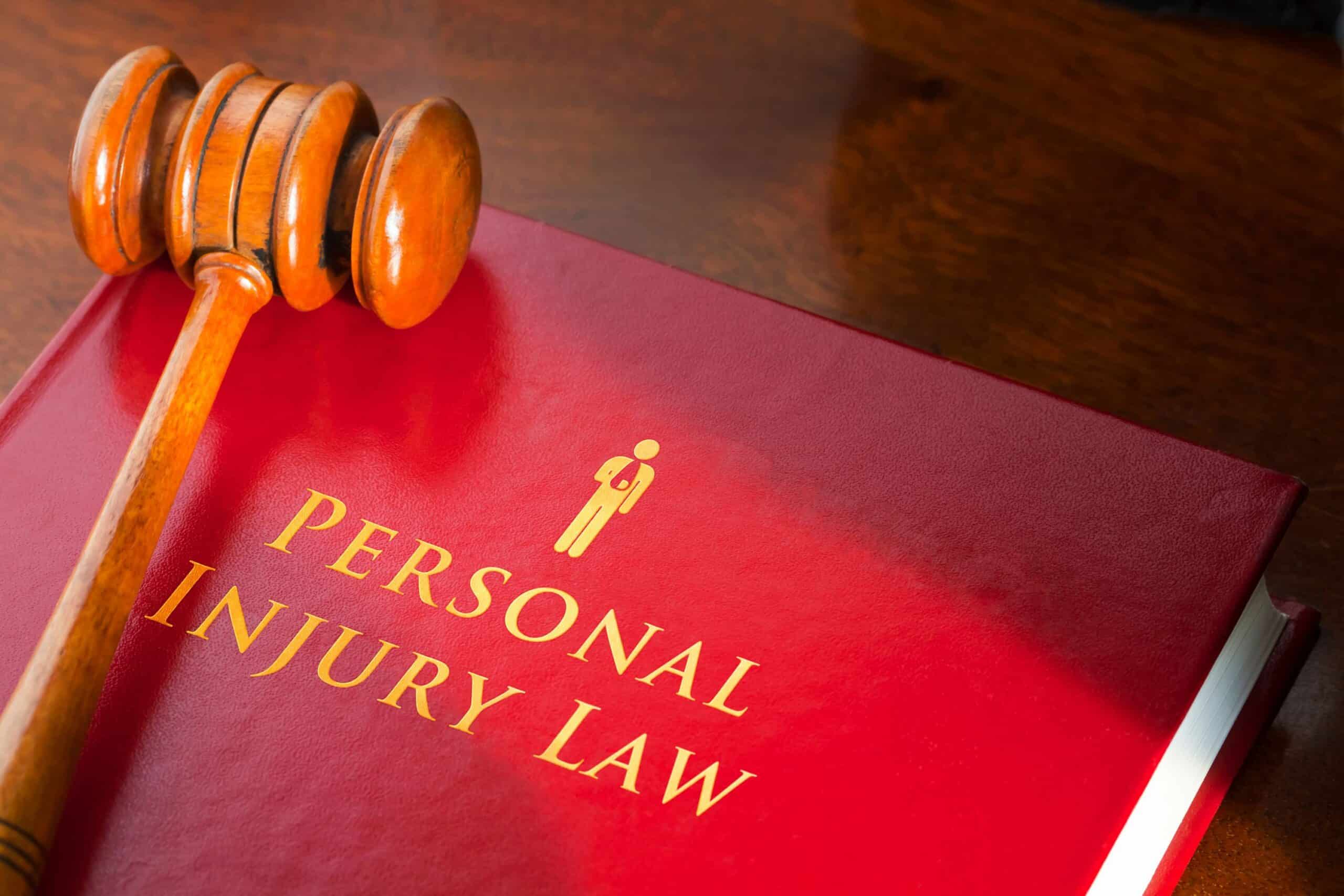If you have been involved in a personal injury accident in Florida, you may wonder how fault is determined and how it impacts your ability to recover compensation for your injuries. Florida is a comparative fault state, which means that the number of damages you are entitled to may be reduced based on your percentage of fault for the accident. This can make navigating a personal injury case in Florida particularly complex, but with the help of an experienced attorney, you can successfully navigate the comparative fault system and recover the compensation you deserve.
What is Comparative Fault?
Comparative fault, or comparative negligence, is a legal doctrine that allows for allocating fault between multiple parties in a personal injury case. In Florida, comparative fault determines the number of damages a plaintiff is entitled to receive based on their percentage of fault for the accident. For example, if you were involved in a car accident and were found to be 20% at fault for the accident, your total damages award would be reduced by 20%.
There are two types of comparative fault systems: pure comparative fault and modified comparative fault. Florida follows the modified comparative fault system, which means that a plaintiff can only recover damages if they are found to be 50% or less at fault for the accident. If the plaintiff is found to be 51% /or more at fault, they are not entitled to recover damages.
How is Fault Determined in a Personal Injury Case?
Determining fault in a personal injury case can be a complex process that requires an in-depth investigation of the facts and evidence surrounding the accident. Some of the factors that may be considered when determining fault include:
- Eyewitness testimony
- Police reports
- Accident reconstruction
- Expert testimony
- Video Footage
- Medical records
It is important to note that even if you were partially at fault for the accident, you might still be entitled to recover damages. As long as you were 50% or less at fault for the accident, you may be able to recover a portion of your damages award.
How Does Comparative Fault Impact Damages?
If you are found to be partially at fault for the accident, your damages award will be reduced based on your percentage of fault. For example, if your total damages award was $100,000 and you were found to be 20% at fault for the accident, your award would be reduced by $20,000, and you would receive $80,000 in damages.
It is important to note that comparative fault can impact both economic and non-economic damages. Economic damages refer to damages that have a specific monetary value, such as medical bills and lost wages. Non-economic damages, on the other hand, refer to damages that do not have a specific monetary value, such as pain and suffering.
Navigating Comparative Fault in a Personal Injury Case
Navigating comparative fault in a personal injury case can be a complex process that requires an experienced attorney. An attorney can help you gather the evidence needed to support your case, negotiate with insurance companies and other parties, and ensure you receive the compensation you deserve.
If you have been involved in a personal injury accident in Florida, speaking with an attorney as soon as possible is important. An attorney can help you understand your legal rights and guide you through recovering damages for your injuries.
Navigating comparative fault in a Florida personal injury case can be a daunting task, but with the help of an experienced attorney, you can successfully navigate the legal system and recover the compensation you deserve. By understanding the comparative fault system and working with an attorney to build a strong case, you can protect your rights and hold those responsible for your injuries accountable.
About the Author:
Andrew Winston is a partner at the personal injury law firm Winston Law. For over 20 years, he has successfully represented countless people in all personal injury cases, focusing on child injury, legal malpractice, and premises liability. He has been recognized for excellence in representing injured clients by admission to the Million Dollar Advocates Forum and named one of America’s Top 100 High-Stakes Litigators. Mr. Winston is AV Preeminent Rated by the Martindale-Hubbell Law Directory, enjoys a 10.0 rating by AVVO as a Top Personal Injury Attorney, and has been selected as a Florida “SuperLawyer” from 2011-2022– an honor reserved for the top 5% of lawyers in the state – was voted to Florida Trend’s ”Legal Elite,” recognized by Expertise as one of the 20 Best Fort Lauderdale personal injury attorneys, named one of the Top 100
 Understanding Florida’s Statute of Limitations for Personal Injury Claims
Understanding Florida’s Statute of Limitations for Personal Injury Claims 

















